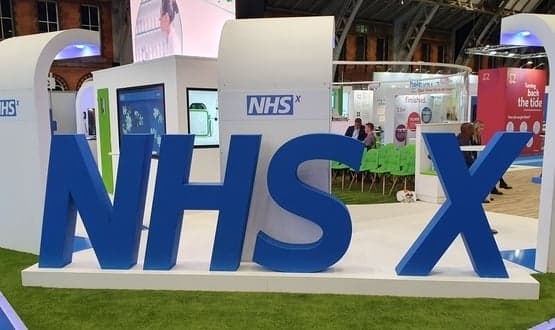Data advisory group to disband
- 16 March 2015

The independent advisory group set up to review requests for GP patient data is being disbanded in favour of two organisations that separate data collection and data dissemination.
The Health and Social Care Information Centre has announced that the General Practice Extraction Service Independent Advisory Group, which was to oversee NHS England’s controversial care.data initiative, will cease to operate at the end of June.
Subject to consultation, its functions will be divided between a newly created Data Dissemination Advisory Group and the existing Standardisation Committee for Care Information.
The SCCI will oversee the process for data collections and extractions into the HSCIC, while the DDAG will handle any data that the HSCIC then disseminates.
The DDAG will also replace the existing Data Access Advisory Group, which was set up to ensure that when patient data is used for research purposes and for improving patient care, it is done in a controlled environment with a minimised risk of disclosure.
In a statement announcing the plan, the HSCIC said it is “moving towards a more unified and simple structure, underpinned by the cornerstones of independence, clinical oversight, public scrutiny and transparency”.
However, the IAG’s February board meeting minutes note a number of “significant concerns” with the new arrangement.
The minutes say: “In particular members were keen to ensure that the consideration of requirements from an ethical and public interest point of view would not be lost.
“There were also some concerns about the possible influence of political pressure if the review process for data requests was not sufficiently independent.”
The questions about independence relate in part to the oversight of the new boards.
Whereas the DDAG is a body of the HSCIC and must therefore adhere to the advice of the NHS Health Research Authority’s independent confidentiality advisory group, the SCCI is a sub-committee of the National Information Board and has no information governance oversight.
The membership of the SCCI has also been questioned. Despite its task of collecting patient data from GP services as part of care.data, it contains only one GP – Dr Phil Koczan – as well as representatives from government bodies such as the CQC, NICE, the HSCIC, the DH, NHS England and the MHRA.
Phil Booth from healthcare privacy campaign group medConfidential told EHI News that the composition of the committee means some member organisations will actually end up being ‘customers’ of the extracted data.
Booth said: “Taking care.data as an example, NHS England would at the very least have to recuse itself as it is the ‘customer’ and HSCIC would have to be recused because the GPES agreements explicitly state it can’t be on the decision-making body for extractions from GP systems.”
He added: “As currently composed, the SCCI does not actually look competent to be making the sorts of decisions it must if it is to [partially] replace the IAG.”
The IAG’s February minutes also expressed concerns about the makeup of the SCCI, saying there is a need for “appropriate representation including clinicians, ethical expertise and lay members”.
The GPES IAG is chaired by NHS GP Joanne Bailey and has GP representatives from the RCGP and the BMA, as well as an academic ethicist, representatives from BSC’s Primary Health Care Specialist Group and several lay members.
Booth has called for the IAG to be kept in place until consultation has taken place on the decision to move to the new system.
However, EHI News understands there are no details yet on when an internal consultation will take place, while there are no plans for a wider public consultation.
Booth told EHI News: “It is ridiculous and precipitant to announce the abolition of a body that has up to now been one of the few information governance bodies to do its job properly… without first (a) providing full details of exactly what is proposed to replace it, including all safeguards and oversight arrangements, and (b) consulting properly.”




